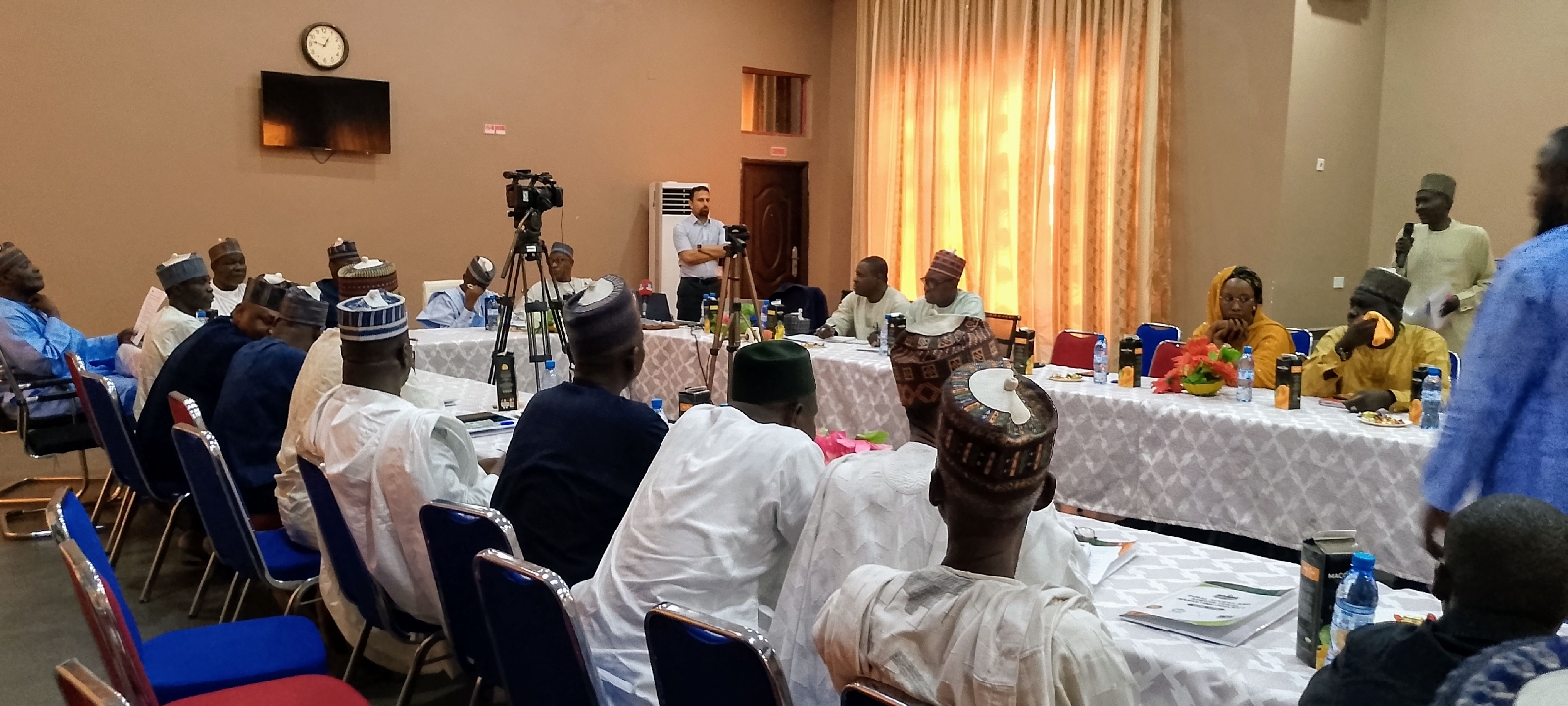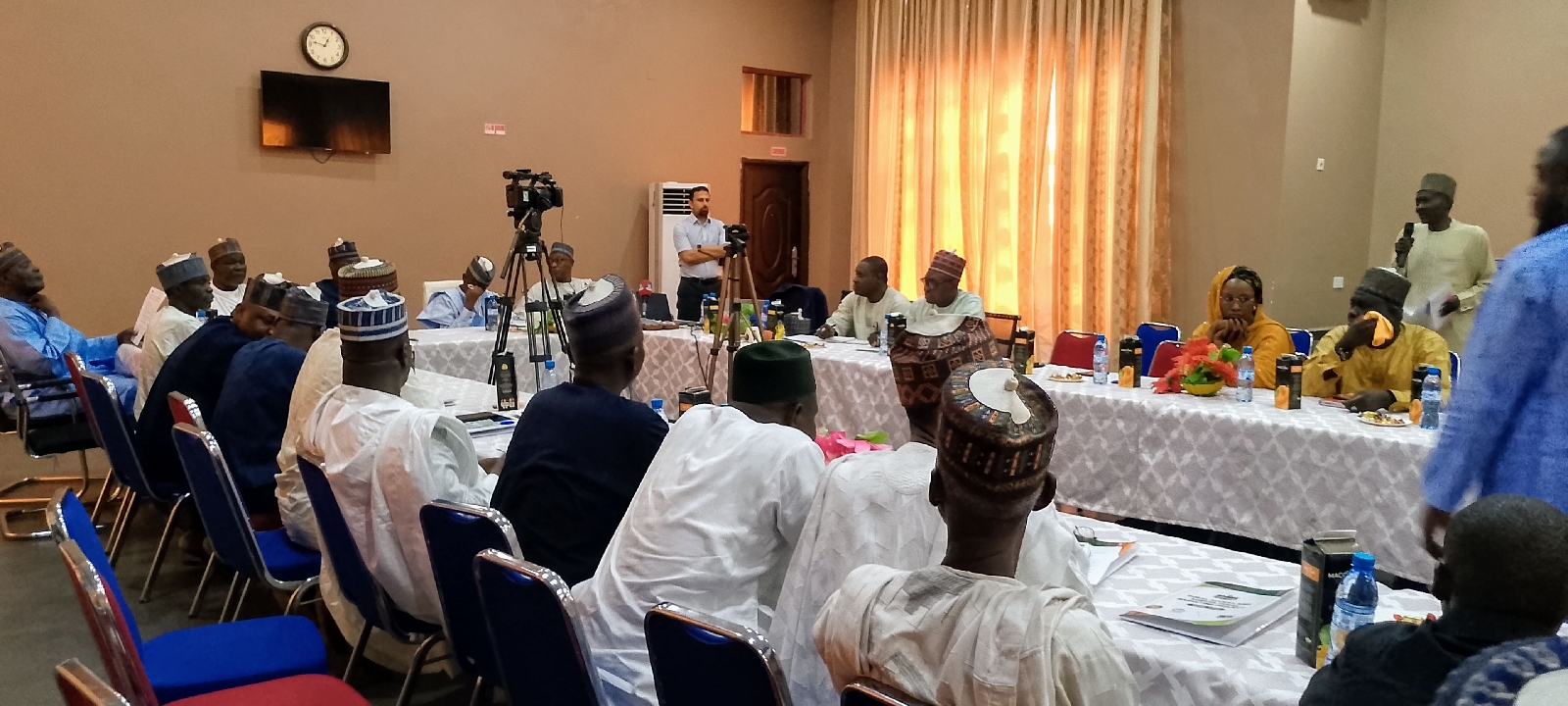Yobe Requires N1.7 Trillion to Rehabilitate 6,000 Rural Roads –RAAMP
The Road Reform Consultant for the Rural Access and Agricultural Marketing Project (RAAMP), Mr. Maysom Abedin, has revealed that about 6,000 roads in Yobe State require urgent maintenance and rehabilitation, with an estimated cost of N1.7 trillion.
Abedin disclosed this on Tuesday during a one-day Road Sector Reform Stakeholders’ Consultation Workshop in Damaturu.
The event aimed to deliberate on critical reforms to improve rural infrastructure and enhance agricultural market access across the state.
The workshop served as a platform for interactive discussions, multi-stakeholder engagement, and consensus-building to develop data-driven solutions for the state’s rural road challenges.
Key participants included government officials, members of the Yobe State House of Assembly, transport unions, agricultural cooperatives, civil society organizations, and development partners.
In his opening remarks, Engr. Mohammed Amin Bodinga, the National Project Coordinator of RAAMP, stressed the importance of the workshop in advancing road sector reforms. Represented by Engr. Muhammed Musa Aji, Bodinga stated that the stakeholders’ presence demonstrated a collective commitment to sustainable rural infrastructure development.
He urged participants, including representatives from state and local governments, civil society groups, and development agencies, to actively engage in the reform process to ensure its success.
Earlier, the Yobe State RAAMP Project Coordinator, Arc. Musa Sule Damagum, recalled a similar seminar held months ago, noting that sectoral reforms remain crucial for the project’s success.
He explained that World Bank-supported initiatives typically include institutional reforms at national and subnational levels. For Yobe State, the reforms will focus on establishing two key agencies;the Rural Access Road Authority to oversee road project execution and State Road Fund to mobilize financing for construction and maintenance.
"These agencies will serve as permanent government institutions to sustain the project’s achievements beyond its lifespan, typically 4-5 years," Damagum said.
He added that Nigeria’s rural road sector requires dedicated attention to ensure long-term impact.
The consultant’s recommendations, based on prior stakeholder feedback, were reviewed during the workshop.Necessary adjustments will be incorporated before finalizing the proposal for government review and submission to the Yobe State House of Assembly as an executive bill.
The proposed reforms aim to create a sustainable framework for rural road development, ensuring better access to markets for farmers and boosting economic growth in Yobe State.














No comments: